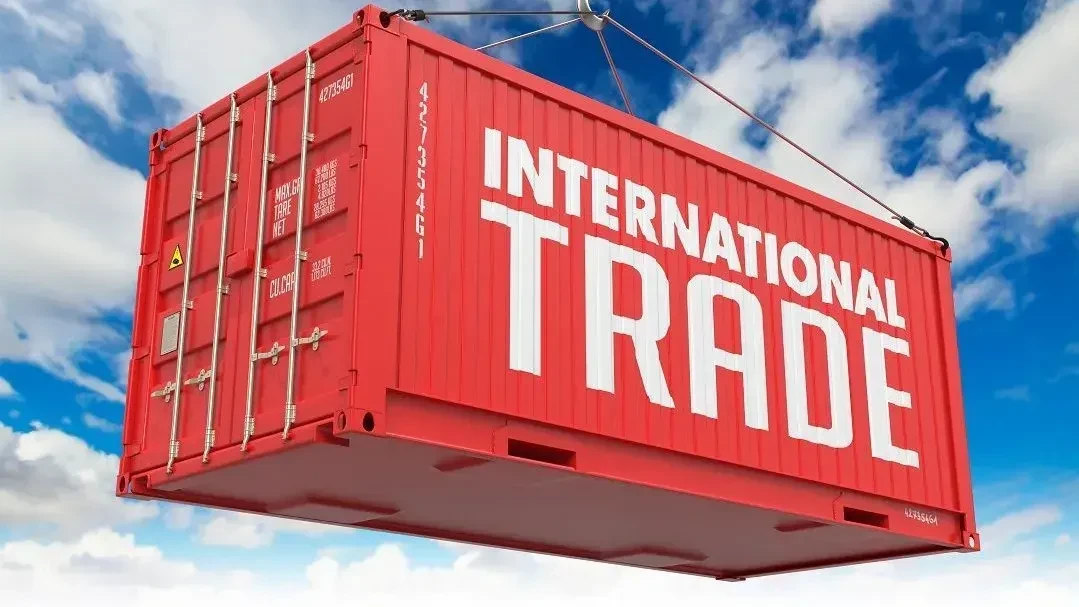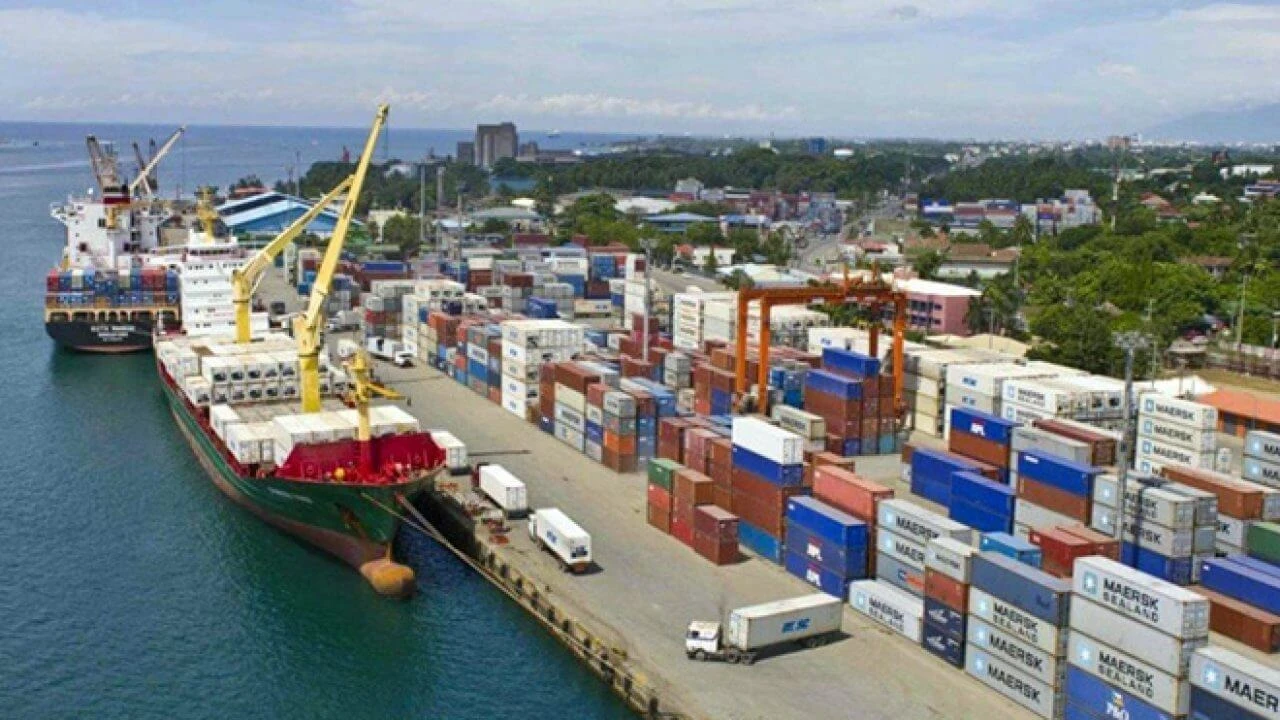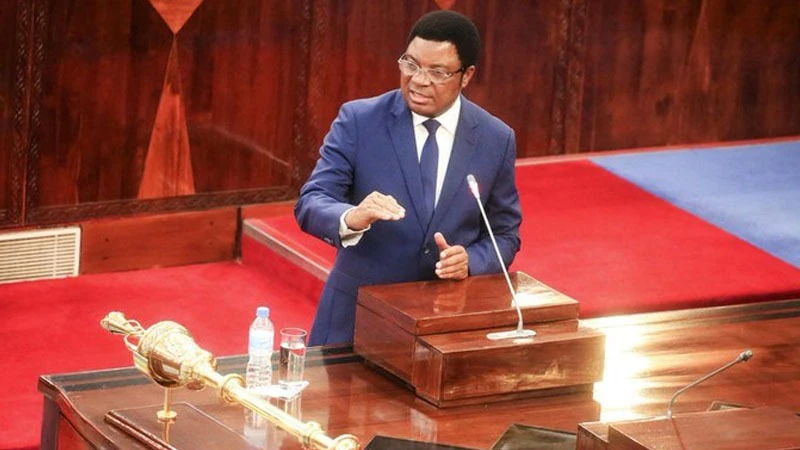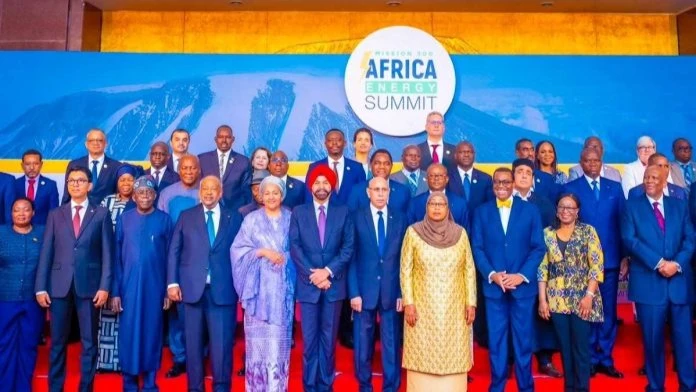Having reciprocal trade agreements, rolling back aid have crucial lessons

CURRENT trends show that it will be increasingly difficult for smaller European powers to maintain the level of foreign aid they have been providing in the past half century.
This is especially so as pressure for reciprocal and transactional relations between sovereign states keeps rising.
It all means that certain levels of preferential trade arrangements could be maintained if it is in the interests of specific countries while, on the whole, there is increasing pressure to ditch those arrangements.
West Africa has, for example, has swung into another sphere of strategic interest – and has close trade ties with the EU block.
What has not been realised sufficiently is that the preferential trade arrangements and the sort of budgetary support mechanisms linked with the trade relationships provide a fundamental premise for the way in which Africa has been running its affairs until now.
There were debates in the past especially on whether there is an income gap in relation to economic plans in respect of which governments can resort for assistance, or that the gaps aren’t real and the aid format already exists.
There wasn’t just the formal provision of aid on a regular and quasi-permanent basis between European and African governments, while the United States focused its support on multilateral agencies and global NGOs.
It was also a situation where just about any emergency around the world would be quickly taken up by quasi-governmental agencies, especially those linked with the United Nations system.
While this arrangement provided critical humanitarian aid nearly in real time, trouble is that it facilitated a persistent deterioration of governance – with those starting wars knowing that there were agencies to feed those displaced or injured.
While this is not a good thing to say, it is evident that this sort of assurance removes the urgency to resolve conflicts within the confines of constitutional arrangements in specific countries, or applicable regional institutional frameworks.
It is as if multilateral aid, and especially the work of NGOs, took the sting out of faulty governance, and all appeared to be well as aid groups would always be there even if, unavoidably, millions of people would still suffer.
When this minimal assurance is removed, war will become all the more ghastly, and perhaps push change.
We are thus far just at the beginning of a new transactional mode of foreign relations rather than assured multilateral systems, the big problem apparently not being lack of will but the force of example.
The show of principle to assist the weak and suffering is still quite pronounced, especially with regard to Europe.
Other powers were already somewhat transactional in their approaches, even before the US vastly shifted its attitude.
The force of example can be contagious, from a simple psychological frame of reference, while the wider transactional environment compels those showing solidarity to expect optimal compliance with real standards.
Phrased differently, organising faulty elections would be one thing in an assured multilateral trade and aid environment, with countries needing strong reasons to withhold expected support.
When this changes, there will hopefully be less room for indulgence and state misconduct or the spoiling of elections will be less patronised and less comprehended. It will be in the spirit of the times, in transactional agenda.
Top Headlines
© 2025 IPPMEDIA.COM. ALL RIGHTS RESERVED

















